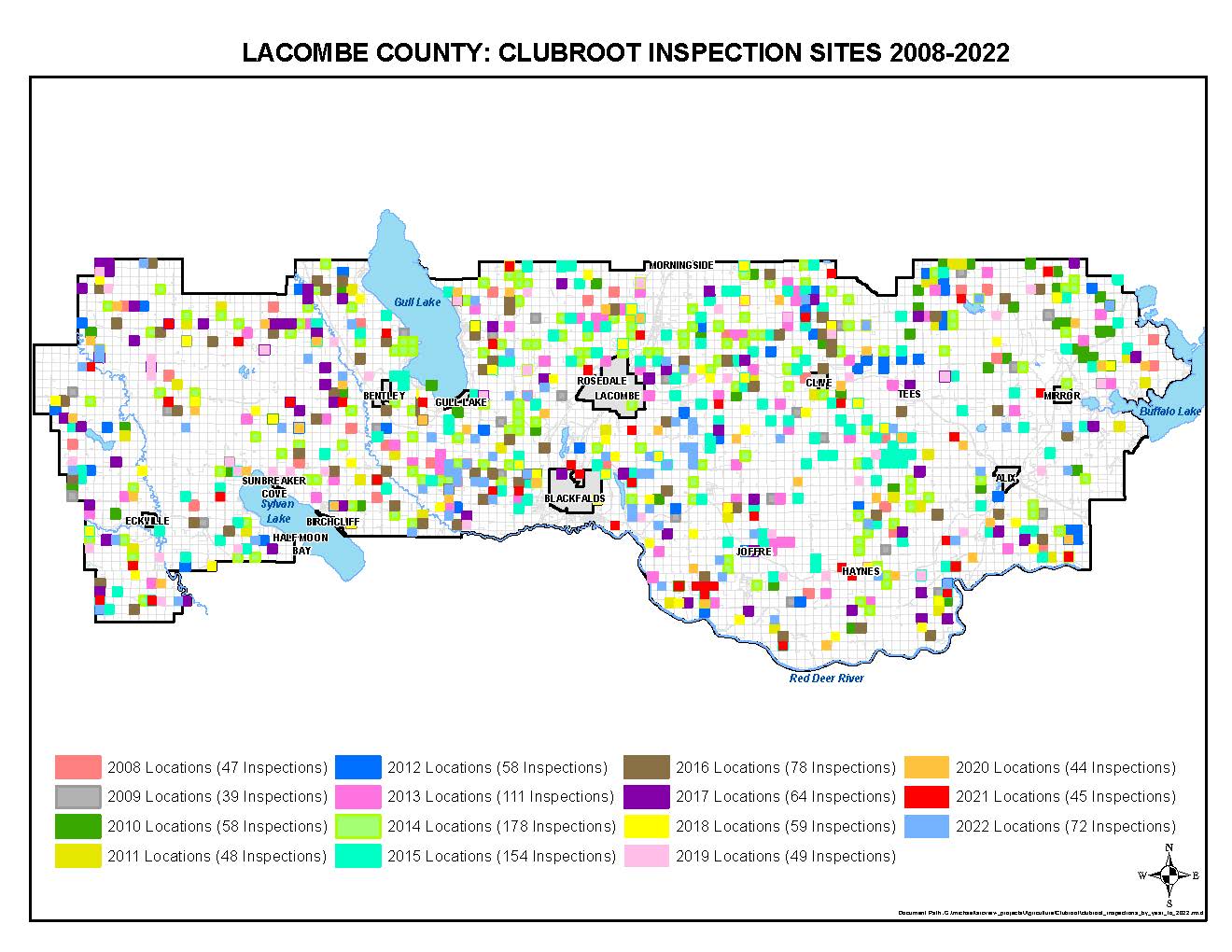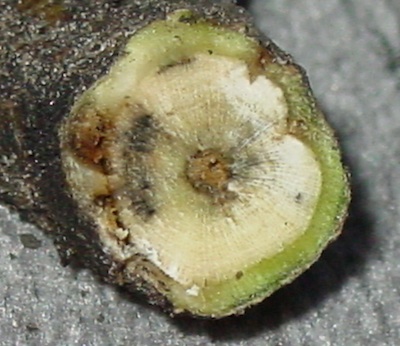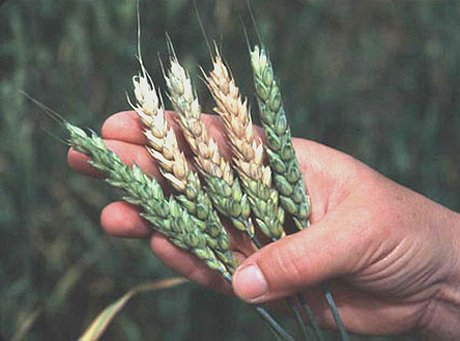What is Clubroot?
What does it look like?
Links & resources
- Clubroot facts – Government of Alberta
- Policy AG(11) Clubroot of Canola
- Clubroot Protocol – Lacombe County

This website uses cookies to enhance usability and provide you with a more personal experience. By using this website, you agree to our use of cookies as explained in our Privacy Policy.
Lacombe County is proud to be a thriving, agricultural community, with more than 1,000 farms within our boundaries. A number of agricultural pests and nuisances exist within Lacombe County. Below is a selection of, pests and nuisances common to agriculture production:


Virulent blackleg of canola/rapeseed is a fungal canker or dry rot disease of the actively growing crop that causes stem girdling and lodging. In heavily infested crops, up to 100 per cent of the stems may be infected, resulting in major yield loss.
There are two types of blackleg fungus that infect canola: weakly virulent and virulent. The weakly virulent, or mild type, has always been common in canola fields. The disease appears on leaves and stems in August but does not usually cause significant damage.
Learn more about Blackleg of canola on the Government of Alberta's website
Lacombe County supports actions to control or eliminate Virulent Blackleg, which is considered a pest under Alberta's Agricultural Pests Act. This is detailed in our Virulent Blackleg of Canola policy

Fusarium head blight (FHB) is a fungal disease of cereal crops that affects kernel development. The most important cause of FHB is the fungus Fusarium graminearum, which causes significant losses in grain yield and grain quality, while also resulting in the production of mycotoxins that affect livestock feed, the baking and milling quality of wheat, and the malting and brewing qualities of malt barley.
The Canadian Grain Commission allows very little FHB (expressed as fusarium-damaged kernels, i.e. FDK's) tolerances in top grades. FHB-infected seed often reduces levels of germination and seedling vigour.
Learn more about Fusarium head blight on the Government of Alberta's website
The Agriculture Department assists both the Provincial and Federal Governments with several pest surveys each year, including Grasshoppers, Blackleg, Clubroot, etc.
Contact Us
Mailing Address:
Lacombe County Office
RR 3
Lacombe AB T4L 2N3
Physical Location:
40403 Range Road 27-4
Contact Us
Monday - Friday
8:00 a.m.- 4:30 p.m.
Email: info@lacombecounty.com
Phone: 403-782-6601
Fax: 403-782-3820
Stay informed!
Subscribe to receive news updates or follow us on social media to stay up to date on the County's activities, events, and operations.

Apply or Register for a…

Submit a Concern or Request